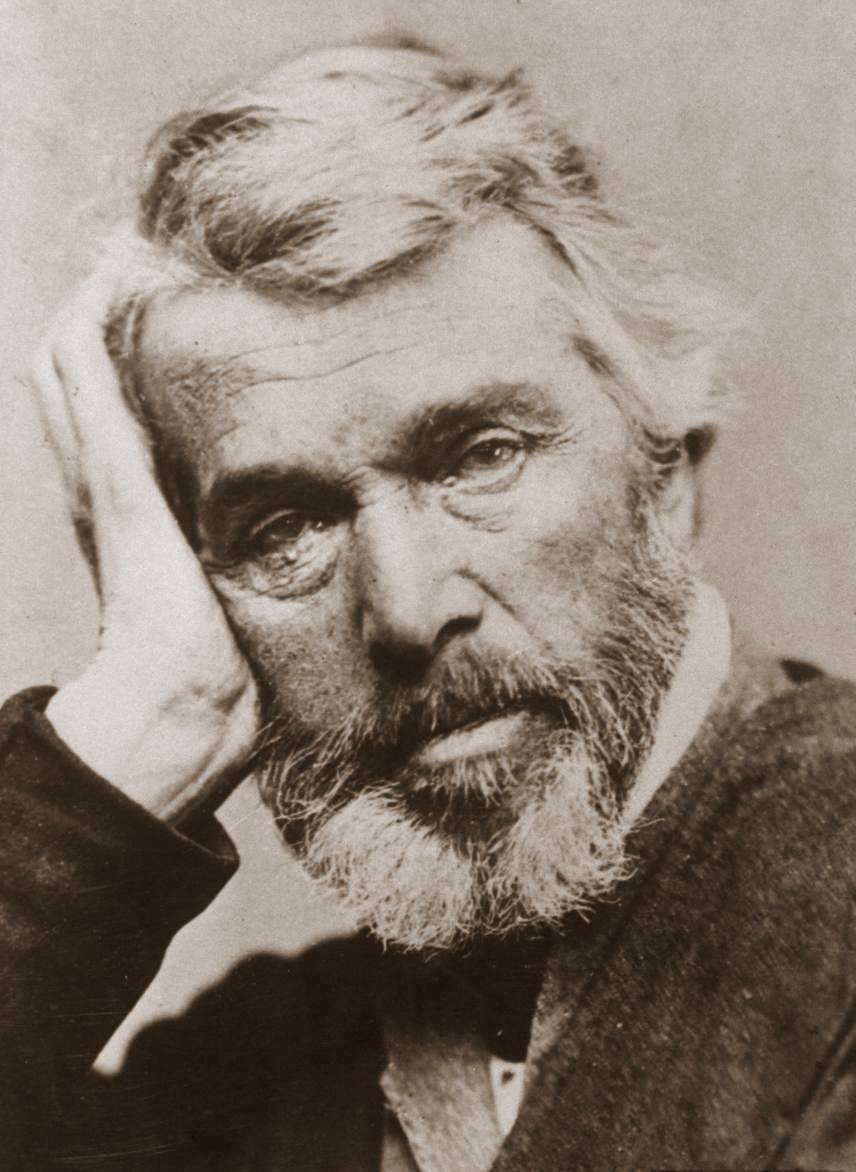1850s, Latter-Day Pamphlets (1850), Model Prisons (March 1, 1850)
Kontext: Among the articulate classes, as they may be called, there are two ways of proceeding in regard to this. One large body of the intelligent and influential, busied mainly in personal affairs, accepts the social iniquities, or whatever you may call them, and the miseries consequent thereupon; accepts them, admits them to be extremely miserable, pronounces them entirely inevitable, incurable except by Heaven, and eats its pudding with as little thought of them as possible. Not a very noble class of citizens these; not a very hopeful or salutary method of dealing with social iniquities this of theirs, however it may answer in respect to themselves and their personal affairs! But now there is the select small minority, in whom some sentiment of public spirit and human pity still survives, among whom, or not anywhere, the Good Cause may expect to find soldiers and servants: their method of proceeding, in these times, is also very strange. They embark in the "philanthropic movement;" they calculate that the miseries of the world can be cured by bringing the philanthropic movement to bear on them. To universal public misery, and universal neglect of the clearest public duties, let private charity superadd itself: there will thus be some balance restored, and maintained again; thus,—or by what conceivable method? On these terms they, for their part, embark in the sacred cause; resolute to cure a world's woes by rose-water; desperately bent on trying to the uttermost that mild method. It seems not to have struck these good men that no world, or thing here below, ever fell into misery, without having first fallen into folly, into sin against the Supreme Ruler of it, by adopting as a law of conduct what was not a law, but the reverse of one; and that, till its folly, till its sin be cast out of it, there is not the smallest hope of its misery going,—that not for all the charity and rose-water in the world will its misery try to go till then!
